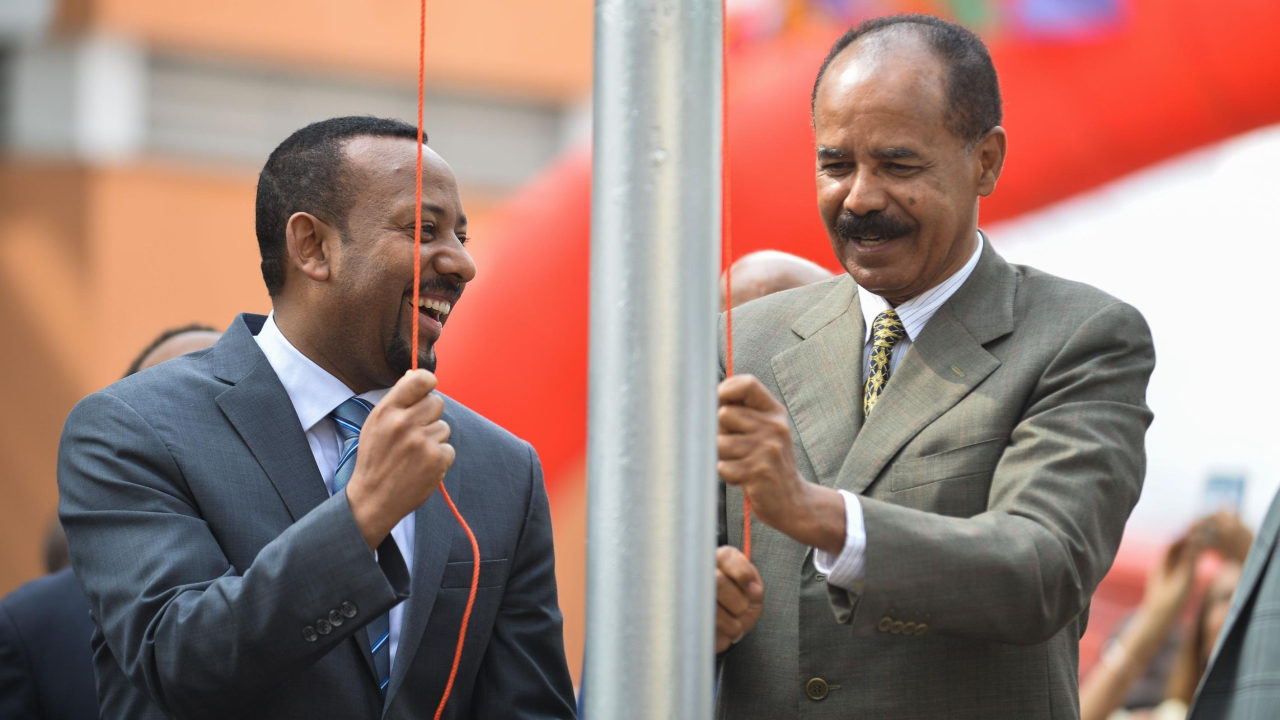In Bukavu, a woman protests in the streets against the authorities; the police shoot and…

Hope That Recognition to Ethiopian Prime Minister Stimulus to Push Forward
When the Norwegian Nobel Committee in Oslo decides to award the Nobel Peace Prize to the leader of a country, there is always a risk. Future events have often proved they made a bad choice. But we are optimistic about the honor bestowed upon Abiy Ahmed, Prime Minister of Ethiopia.
Abiy Ahmed has already “made history” by securing peace with Eritrea and ending the 20-year-long hostilities between the two countries. He also played an important role as mediator in resolving the Sudanese crisis through negotiations between armed forces and civilian opposers.
Domestically, since April 2018, he has reformed the security services and begun reforms on civil institutions. We are talking about a country, Ethiopia, that has seen decades of systematic violations of human rights and freedom.
The hope is that the Nobel Peace Prize is a stimulus for him to push forward, and not backtrack. There was a period during Abiy Ahmed’s government when the prisons were free of journalists, but some journalist have been arrested recently. The policies on terrorism that came into force in the past months are similar in their formulation to the preceding ones and it is hoped they don’t imply further human rights violations. Ethnic tensions still constitute a threat to the stability of the country.
In short, the decision on whom to honor with the Nobel Peace Prize is still well deserved. But it may also become a burden: Abiy Ahmed has a greater challenge than his “colleagues” to abide by and apply the prize’s principles and values.




